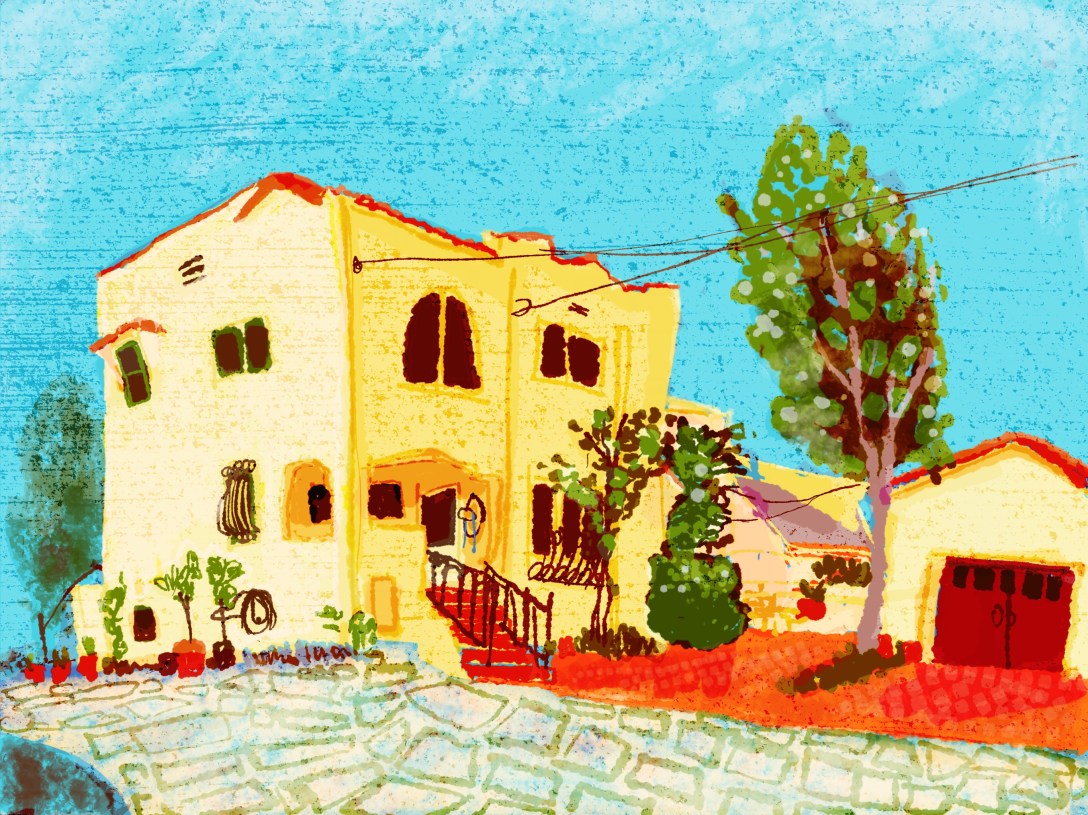Recently, I have been reading the amazing biography of van Gogh by Steven Naifeh and Gregory White Smith. What a story! Vincent tried so many things before turning to art. He was desperate to find a vocation and devote his life to something that his family would think was worthy. But nothing stuck. He tried being a print dealer, a clerk, a schoolteacher, a minister, a missionary, and each time, despite starting with intense enthusiasm, he gave up and wandered away.
Getting good at something involves two, related factors.
One — you have to work at your skills. Practice, experiment, research, study, and come back to work, regularly, for an extended period of time. I don’t care who you are or what talents you think you have, working at your craft is crucial to greatness. Experience makes you better, more facile, more intuitive, more apt to come up to some new and great. There may seem to be shortcuts. They are illusions. Even one-hit wonders work their butts off for years. Vincent was certainly willing to put in the work — but he couldn’t stick with anything. Why?
The second factor is purpose. This is more complicated than just wanting to be great at something. It’s about your calling. What must you do even if no one ever saw you doing it or paid you to do it? What will you stay up late to do? Skip meals to do? Do until your shoulders cramp and your hands fall asleep? What completes you?
We all have something we can excel at. It might be throwing a football, making a sauce, curing disease, building a house or running a country. If you can’t think of what that is, you just haven’t found it yet.
When you discover this purpose, it will fuel you while you do all the work required to be good at it. Without it, you won’t get far. But to find your true purpose, you must be brutally honest with yourself.
I took a creative writing class in college. When the professor told us we needed to submit a story each week, one of my classmates groaned, “A story every week? That’s required?” The teacher paused then said, “Why are you here?” and we each looked into our souls.
You can’t pick a purpose because it’s fashionable or lucrative. Don’t take up acting just to become a celebrity. Don’t go to graduate school just because no one will hire you. Don’t become a missionary just to please your dad. Write because you have to, not because you want to be “a writer”.
Finding your purpose can take work too. It means exposing yourself to lots of different experiences until something clicks. Watch YouTube videos, observe people running different kinds of businesses, wander through museums or hardware stores, ask strangers what they do and why. What draws you in?
Look into yourself and your past. What were the moments that brought you the greatest happiness? When did you truly feel you were you? Where were you? What were you doing? What was the essence of that moment? Was it about helping others? Making something with your hands? Solving a complex problem? Organizing chaos?
You can discover your purpose at any age. You might be young and starting your career. You might have spent thirty years doing something indifferently because you had to bring home the bacon. It’s not too late. Vincent discovered his purpose just ten years before he died. But it gave his whole life meaning.
Can you live yours without it? Should you?
{Thanks to everyone who commented and emailed after my mea culpa post yesterday. Your understanding and encouragement mean the world to me.}




